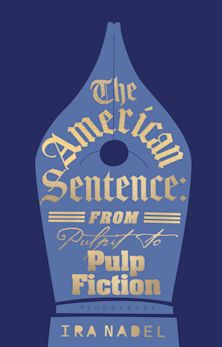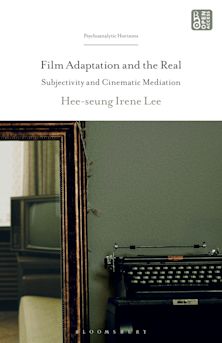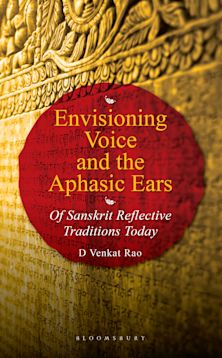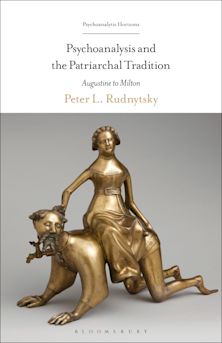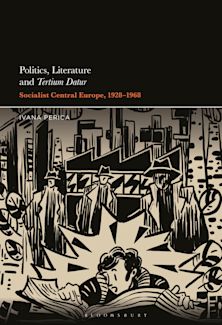Nabokov's Women
The Silent Sisterhood of Textual Nomads
Nabokov's Women
The Silent Sisterhood of Textual Nomads
Description
Nabokov’s Women: The Silent Sisterhood of Textual Nomads is the first book-length study to focus on Nabokov’s relationship with his heroines. Essays by distinguished Nabokov scholars explore the multilayered and nomadic nature of Nabokov’s women: their voice and voicelessness, their absentness, the paradigm of power and sacrifice within which they are situated, the paradox of their unattainability, their complex relationship with textual borders, the travel narrative, with the author himself.
By design, Nabokov’s woman is often assigned a short-term tourist visa with a firm expiration date. Her departure is facilitated by death or involuntary absence, which watermarks her into the male protagonist’s narrative, granting him an artistic release or a gift of self-understanding. When she leaves the stage, her portrait remains ambiguous. She can be powerfully enigmatic, but not self-actualized enough to be dynamic or, for even where the terms of her existence are deeply considered or her image beheld reverently, her recognition seems to be limited to the “Works Cited” register of the male narrator’s personal life. As a result, Nabokov’s texts often feature a nomadic woman who seems to live without a narratorial homeland, papers of her own, or storytelling privileges.
This volume explores the “residency status” of Nabokov’s silent nomads—his fleeting lovers, witches, muses, mermaids, and nymphets. As Nabokov scholars analyze the power dynamic of the writer’s narrative of male desire, they ponder—are these female characters directionless wanderers or covert operatives in the terrain of Nabokov’s text? Whereas each essay addresses a different aspect of Nabokov’s artistic relationship with the feminine, together they explore the politics of representation, authorization, and voicelessness. This collection offers new ways of reading and teaching Nabokov and is poised to appeal to a wide range of student and scholarly audiences.
Chapter 4, "Nabokov's Mermaid: 'Spring in Fialta'" by Elena Rakhimova-Sommers, is not available in the ebook format due to digital rights restrictions. You can find the earlier version of the chapter in the journal Nabokov Studies.
Table of Contents
Part I: Fugitive Souls
1.Via Dolores: The Passage of the Feminine as Contraband in Nabokov's Fiction – Sofia Ahlberg
2.Queen Sacrifice: The Feminine Figure of Power and Nabokov's Strategy of Loss – Alisa Zhulina
3.A Small Mad Hope: Pale Fire, Hazel Shade, and the Oedipal Disaster – Matthew Roth
4.Nabokov's Mermaid: “Spring in Fialta” – Elena Rakhimova-Sommers
Part II: Figments of Desire
5.Jealously Guarded Secrets: Nabokov's Women and the Vicissitudes of Desire – David Rampton
6.The Text(ure) of Desire: Garments and Ornaments in Nabokov's Maidens – Marie Bouchet
7.Reading the Woman on the Train – David H. J. Larmour
Part III: In Search of a (Lost) Voice
8.Hearing the Female Voice in Vladimir Nabokov's Fiction – Julian W. Connolly
9.“The Fascination of Pebbles”: Fictional Lives of Véra Nabokov – Olga Voronina
10.Nabokov in an Evening Gown – Susan Elizabeth Sweeney
11.Speak, Mademoiselle: Nabokov'
Product details
| Published | 15 Oct 2017 |
|---|---|
| Format | Ebook (PDF) |
| Edition | 1st |
| Extent | 1 |
| ISBN | 9781978776487 |
| Imprint | Lexington Books |
| Publisher | Bloomsbury Publishing |
Reviews

ONLINE RESOURCES
Bloomsbury Collections
This book is available on Bloomsbury Collections where your library has access.















